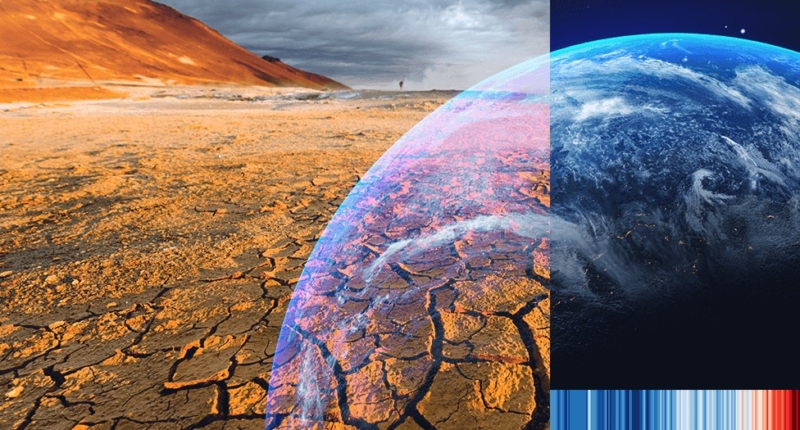The Environmental Protection Agency in Ghana has urged the adoption of practical teaching modules in basic schools to enhance efforts at mitigating climate change. This was highlighted during the 2022 Science Technology Mathematics Innovation Education (STMIE) camp held at the Awudome Senior High School in Tsito, Ho West District, which focused on climate change. The camp aimed to educate students on the causes and effects of climate change and to guide them to develop practical solutions to climate-related problems using science and technology. Innovative farming methods and waste segregation were also identified as necessary to mitigate climate change. The camp was attended by 380 basic school pupils from 15 districts in the Volta Region.
The Environmental Protection Agency (EPA) has urged the implementation of practical teaching modules in basic schools as a way of reducing climate change in Ghana. The Deputy Director of the EPA, Derrick Logo, emphasized the need to instill in younger generations the skills required to develop adaptive modules that help protect the environment and decrease global warming. Logo made this statement during the 2022 Science Technology Mathematics Innovation Education (STMIE) camp at the Awudome Senior High School in Tsito, Ho West District. Climate change is primarily caused by human activities due to the burning of fossil fuels like coal, oil, and gas. Hence, the 2022 Volta Regional Education Directorate’s STMIE camp focused on climate change. This four-day camp was centered on the theme, “STMIE, Panacea for global warming and climate change.”
The camp aimed to educate students on the causes and effects of global warming and to guide them to develop practical solutions to climate-related problems using science and technology. Rosemary Ahiagbetey, the Volta Regional Coordinator, explained that the camp’s primary objective was to demystify the assertion that science is difficult by providing lessons in biology, chemistry, physics, mathematics, agriculture, and information and communication technology. Participants learned how to use scientific methods to solve complex problems facing the world, including climate change. They were motivated to pursue science-related courses at higher levels of education and to develop critical thinking, problem-solving, creativity, and innovation skills.
Gabriel Kploanyi, the Volta Regional Education Director, encouraged participants to become agents of change in their communities and to champion the cause of mitigating climate change. Derrick Logo expressed optimism that adopting practical teaching, especially in science-related courses, would play a vital role in reducing climate change.
Innovative farming methods and waste segregation are necessary to mitigate climate change, according to a statement made by an unnamed person. The speaker, who addressed the issue during a climate change camp held in the Volta Region, emphasized the need for practical teaching methods to address climate change. The camp, which was attended by 380 basic school pupils from 15 districts in the region, aimed to educate students on the causes and effects of climate change and to guide them towards developing practical solutions to climate-related problems.
Don’t miss interesting posts on Famousbio









